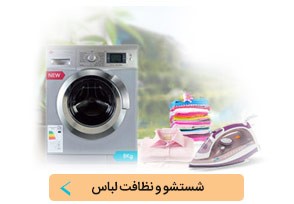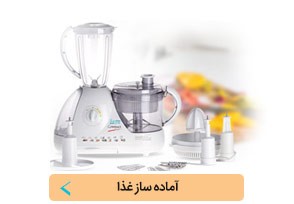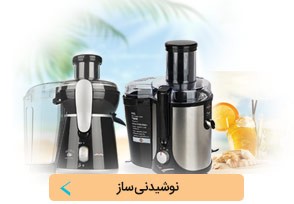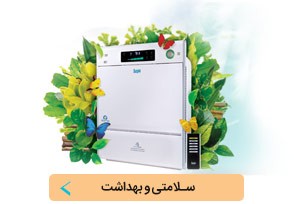
These issues can create more anxiety as you cope with their symptoms. When you drink, do you couple this with eating pretzels, pizza or sweets? We tend to pair up our vices, and not only drink alcohol but also eat highly dense, problematic foods.
For Treatment Providers
It is often used for patients with alcohol dependence who also experience anxiety. Gabapentin, an anticonvulsant, is sometimes used off-label to treat anxiety and alcohol dependence. It stabilizes electrical activity in the brain, reducing anxiety symptoms. It manifests as an inability to remain still or calm, often leading to fidgeting or pacing. Alcohol disrupts the central nervous system, increasing excitability and agitation. Restlessness is especially common during early alcohol withdrawal when the body adjusts to the absence alcohol and anxiety of alcohol.

What Can I Do to Calm Down When I Have Hangxiety?

It can help you feel less shy, give you a boost in mood, and make you feel generally relaxed. In fact, alcohol’s effects can be similar to those of antianxiety medications. When dealing with stressful days or nervous situations, you may be tempted to have a glass of wine or a beer to calm your nerves. However, drinking alcohol, especially heavily and over a long period of time, can actually increase your anxiety. Much is said about disinformation and misinformation in the news and social media.
Can moderate alcohol consumption be safe for people with anxiety?
There was a study that reported that about 25% of individuals who sought panic disorder treatment had an active history of alcohol marijuana addiction dependence. It’s important to remember that alcohol has a huge effect on the various chemicals in a person’s brain such as serotonin and dopamine. When the chemicals in an individual’s brain are altered, it can completely throw off how a person’s body reacts in everyday situations. Alcohol overall induces panic in a person because of all the effects on gamma-Aminobutyric acid (GABA), which is a chemical that has a relaxing effect normally. “Hangxiety” is a term used to describe a feeling of nervousness or unease after drinking alcohol.
- If you’re feeling overwhelmed by your anxiety disorder, there are other ways to seek help.
- Findings converge on the conclusion that anxiety disorder and alcohol disorder can both serve to initiate the other, especially in cases of alcohol dependence versus alcohol abuse alone.
- Generally, the more you drink, the more intense your hangover symptoms might be, and the worse you are likely to feel.
Whether you have a mental health condition like anxiety or not, certain behaviors can signal that your relationship with alcohol could cause concern. Alcohol can produce a sense of euphoria and decrease a person’s inhibition. These effects can make it seem like drinking alcohol is providing the person with relief from their anxiety. While dopamine increases immediately after drinking alcohol and temporarily makes you feel good, when the inebriation has faded, whatever symptoms that were being avoided rebound. While everyone may experience anxiousness from time to time, a person who has an anxiety disorder often finds their anxiety doesn’t go away and may actually get worse with, or without provocation.
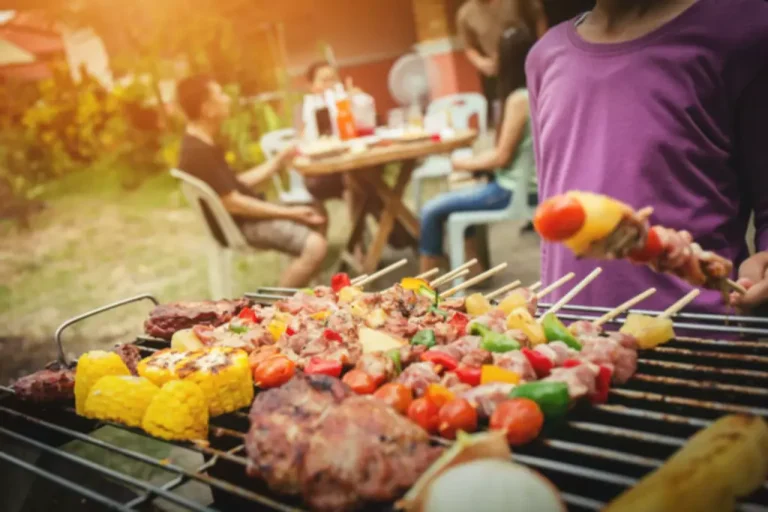
Escitalopram is often prescribed for patients with persistent anxiety symptoms related to alcohol-induced anxiety disorder. It is typically taken once daily, with dosage adjustments based on the patient’s response. If you have anxiety and are using alcohol to cope, it’s important that you seek support from your doctor or mental health professional. It’s never too late (or too soon) to reach out for help if you are trying to cope with a mental health condition or substance use disorder.
- Yes, if you’re struggling with anxiety and alcohol use, it’s essential to seek professional help.
- There are signs that depression and alcohol dependency may be impacting your or a loved one’s health and well-being, Anand says.
- Anxiety disorders are a potential comorbidity of alcohol use disorder (AUD).
- It can help you feel less shy, give you a boost in mood, and make you feel generally relaxed.
- In many cases, it is unclear whether alcohol causes anxiety or if anxiety makes a person more likely to drink alcohol.
What is Anxiety Disorder?
It’s important that you talk to a healthcare provider or mental health professional who can guide you by providing you with a diagnosis, treatment plan, and direction for support during your recovery. If you’ve had episodes of hangxiety, the best way to prevent it from happening again is to avoid alcohol. Getting professional help for managing anxiety and depression can also substantially improve your quality of life. The more you drink the greater your tolerance for alcohol – meaning you need to drink more alcohol to get the same feeling.
Can drinking every night cause anxiety?
- It is important to recognize that inconsistent research findings and conflicting conclusions by scientists are inevitable.
- Much is said about disinformation and misinformation in the news and social media.
- It states that individuals who choose to drink should do so in moderation.
Like diazepam, it is not recommended for long-term use due to the risk of dependence. Venlafaxine is often used when SSRIs are ineffective or when anxiety symptoms are more severe. Escitalopram is an SSRI that is particularly effective for generalized anxiety disorder. It works by increasing serotonin levels, which improves mood and reduces anxiety. Sertraline is a selective serotonin reuptake inhibitor (SSRI) commonly prescribed for anxiety and depression. It works by increasing serotonin levels in the brain, which helps regulate mood and reduce anxiety.
Discuss these concerns with your doctor first to see if alcohol is safe for you. Alcohol-induced anxiety can last for several hours, or even for an entire day after drinking. Alcohol is a sedative and a depressant that affects the central nervous system. Drinking alcohol can have serious consequences if you’re being treated for anxiety. Having a drink might seem like a good way to ease anxiety, but you may be doing more harm than good. Richard Contrada, Ph.D., is a Professor in the Department of Psychology at Rutgers, the State University of New Jersey.

